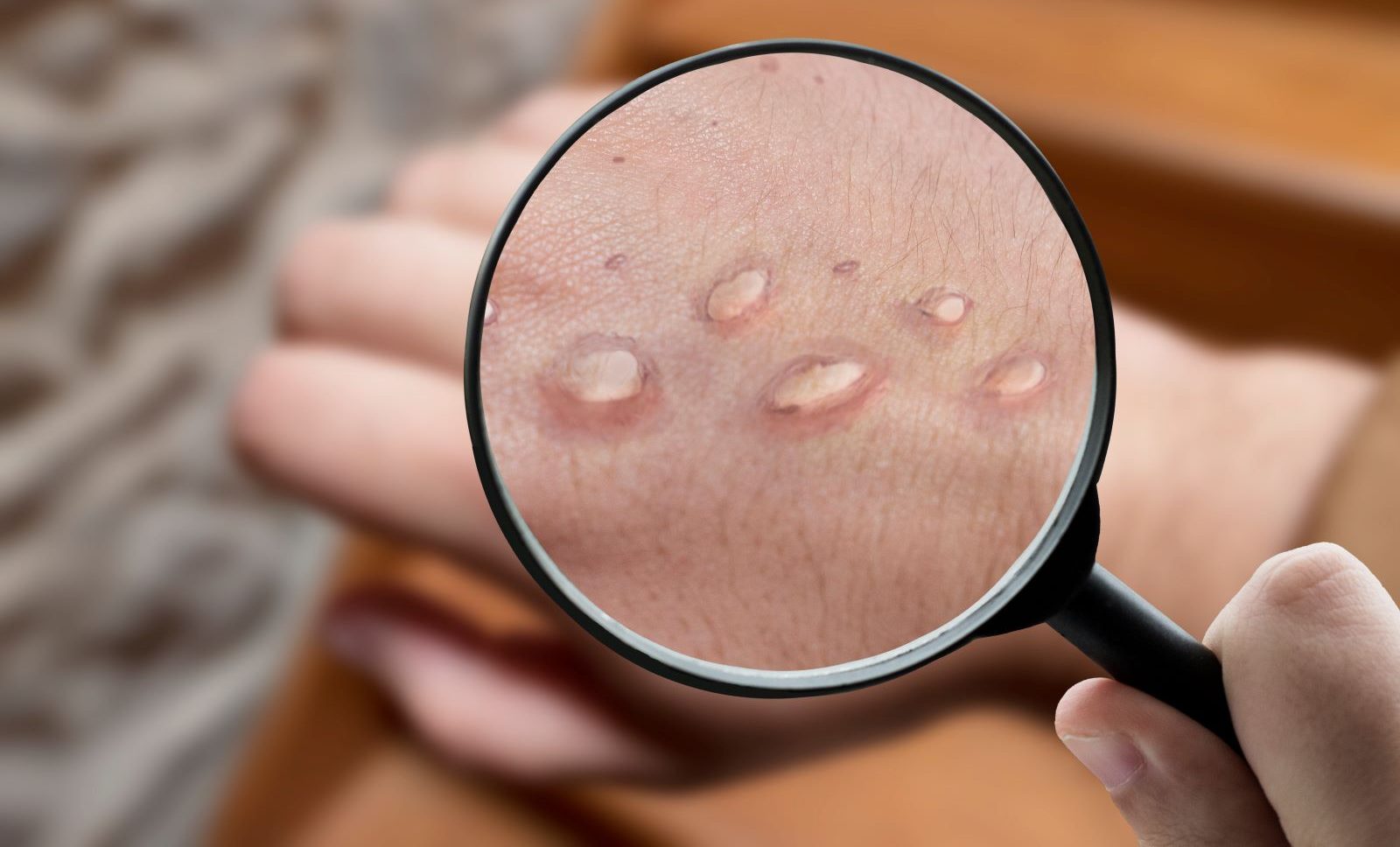<< Back
As the First Monkeypox Case Reaches Connecticut, Here’s What You Should Look Out For

July 06, 2022
Monkeypox is no longer a distant curiosity – the first case in Connecticut has arrived, with more cases expected in the weeks ahead.
The state Department of Public Health (DPH) confirmed the first case of monkeypox on July 5. The patient is a male from New Haven County between 40-49 years old. He is isolating, but not hospitalized.
“DPH believes that the risk to Connecticut residents from this case is low,” says Manisha Juthani, MD, commissioner of the Connecticut Department of Public Health. “The United States is currently experiencing a monkeypox outbreak, and there will likely be additional cases in Connecticut in the weeks ahead.”
Pandemic potential
Health officials continue to emphasize that monkeypox does not pose as much of a threat as COVID-19.
“We shouldn’t panic, because monkeypox has very little pandemic potential,” says Ulysses Wu, MD, Hartford HealthCare’s chief of epidemiology. “It has infective potential, but amongst the backdrop of COVID, its infectivity potential is much lower.”
While an airborne disease such as COVID may be contracted without direct contact, monkeypox poses a far lower risk. Monkeypox spreads through close, physical contact – primarily sexual contact – and unlike COVID, individuals are not contagious prior to the development of symptoms.
Symptoms to watch for
Anyone who develops a new or unexplained skin rash, or who thinks they have been exposed to monkeypox, should seek medical attention immediately. Lesions will be present in all cases of monkeypox, but may not always look like the full-body rashes often portrayed online or in the media.
“With this current outbreak, because of its sexual potential in terms of transmission, it seems to be starting in the genital region,” says Dr. Wu. “It may spread to other parts of the body, but a lot of these cases are isolated to the genital region.”
Other symptoms to watch for include:
- Fever and chills.
- Exhaustion and fatigue.
- Headache.
- Muscle aches.
- Swollen lymph nodes.
Groups at risk for severe symptoms
Currently, monkeypox spreads most frequently through sexual contact between men, but this is not the only at-risk group.
“Certain patient populations certainly have to take precautions because of its mode of spread,” Dr. Wu warns, “but you don’t have to be a man who has sex with men to develop this disease. It can also be spread heterosexually, through close contact, or not even sexually at all. Anybody can get this.”
Although this monkeypox outbreak seems to be less lethal than others, people who might experience the most severe symptoms include:
- The immunocompromised.
- Newborns, children and young adults.
- Pregnant women.
- Elderly people.
- People with severe skin conditions.
“Without taking the proper precautions, you can still expect to see a rise in cases. That’s why public health education is very important, to make people aware that this certainly is out there so they can take the appropriate precautions,” says Dr. Wu.